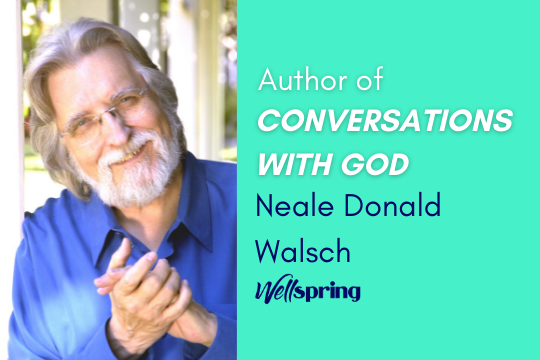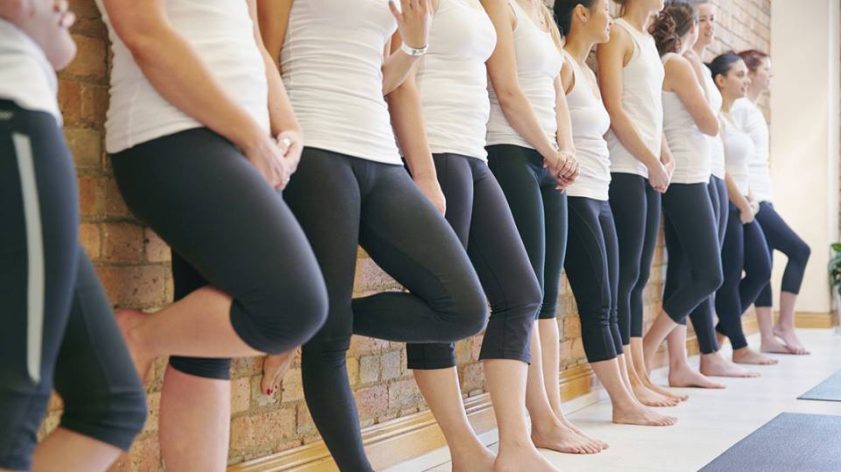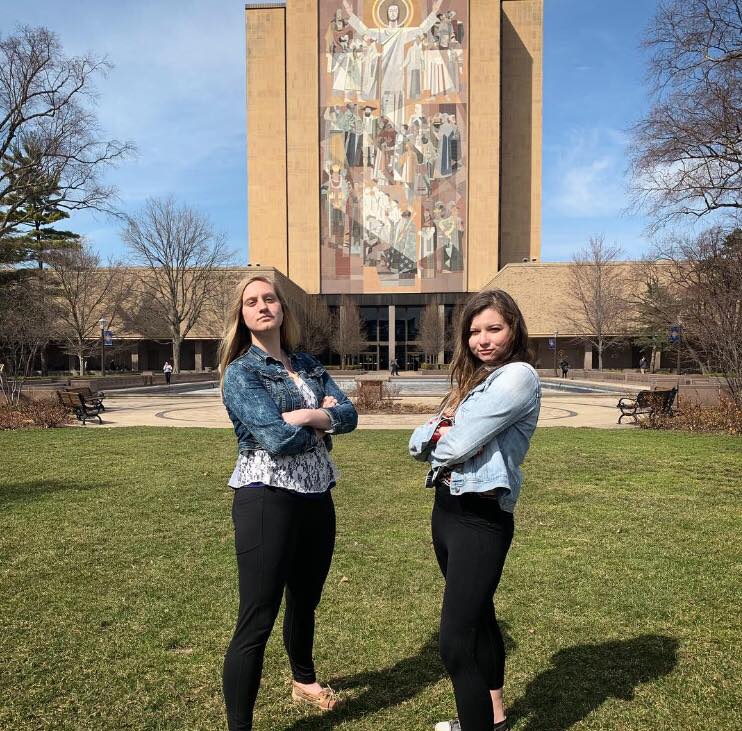Spirituality is defined by an awareness of the soul, spirit or the essence of ‘you’ and whilst it can be aligned with religious beliefs, it doesn’t have to be. Where religion can provide an ethical framework, spirituality calls for deep connection to ‘self’ in order to foster qualities such as love, empathy and harmony.
What is the meaning of life?
Are we the result of an unlikely chemical reaction 13.8 billion years ago or is there some higher power? Ultimately, the question is how do we actually live a ‘good’ life?
As a race, we have pondered our existence for 2,500 years, since Plato and Aristotle concluded that all humans desired Eudaimonia (roughly translated as ‘happiness’). While this might seem obvious, how can we achieve this bliss? Ancient Greek philosophers believed Eudaimonia could be accomplished by pursuing higher knowledge and promoting the common good, thus achieving our reason for being.
Culturally, promoting the common good is often tied to religious practice where organised religion serves to provide an ethical framework to foster qualities such as selflessness, empathy, kindness and harmony. Of course, religion is not the only way to pursue these goals, which is important since younger generations are choosing spirituality over religion.
A current buzzword, Spirituality, can be defined by an awareness of the soul, spirit or one’s inner essence, which encapsulates a feeling that one is part of something larger than oneself. A spiritual journey often involves looking inwards to address inner divinity, whether as part of a religious faith or a personal journey. This path can shift conscious awareness, allowing for a more contented and enlightened state.
Recorded experiences of spiritual awakening detail a feeling of bliss, calm and euphoria; such awakenings are often triggered by trauma or turmoil. Senior lecturer in Psychology at Leeds Beckett University, Dr. Steve Taylor, began researching and collecting details of spiritual experiences and found that many awakenings occur at times of deep personal suffering and are characterised by a sudden feeling that everything is as it should be. Dr Taylor spoke to one such person, Emma, who had been hospitalised with severe depression. Plagued with suicidal thoughts, Emma hadn’t spoken to anyone for four days when she experienced a spiritual awakening after picking up a marble from her bedside table. She explains:
“I saw reality as simply this perfect one-ness. I felt suddenly removed from everything that was personal. Everything seemed just right. The marble seemed a reflection of the universe. All my problems and my suffering suddenly seemed meaningless, ridiculous, simply a misunderstanding of my true nature and everything around me. There was a feeling of acceptance and oneness. It was a moment of enlightenment.”
Another account reveals the experience of a middle aged man who was married with children when he began to realise he was attracted to men. His marriage ultimately broke down but he describes his spiritual awakening:
“It was our last family holiday before the break up. We were in Tunisia and went on an excursion down to the Sahara. We went on a camel ride across part of the desert and at the end of the day, I sat on a sand dune watching the sunset. There were quite a few people around but it was as if everyone else disappeared. Everything just ceased to be. I lost all sense of time. I lost myself. I had a feeling of being totally at one with nature, with a massive sense of peace. I was a part of the scene. There was no ‘me’ anymore. I was just sitting there watching the sun set over the desert, aware of the enormity of life, the power of nature, and I never wanted it to end.”

Although we can’t be guaranteed a spiritual experience like these, it is enlightening to realise that we have some power over how we view the world. Our thoughts and internal dialogue are key to our experience of life according to Buddhist practitioner, Sarah Napthali. Sarah quotes the Buddha: “We are what we think. All that we are arises with our thoughts. With our thoughts we make the world.” (The Complete Buddhism for Mothers). You have the power to transform your world.
Some people claim that religion and finding God has been integral to changing their world. Depressed teenager Doug claims that lithium, counselling and anti-depressants did not work but finding God and Christianity saved him from suicide. University of Texas Astronomer, Don, was a self-proclaimed “fire-breathing atheist” until he found God after reading the book Mere Christianity by C.S. Lewis (famous author of The Chronicles of Narnia).
Dr. Hugh Ross, the youngest ever director of observations at Vancouver’s Royal Astronomical Society, began to analyse a variety of religious texts for accuracy. He concluded that the Bible is more reliable than the laws of physics he had studied at university. And it’s not just Christianity, Los Angeles native, Kylie, explains how Judaism helped her to hone her moral values and find happiness after she became disillusioned with the materialistic world of the television industry.
If you have faith in religion, latest research (2015) by world-renowned and nonpartisan body, Pew Research Center, shows you are not alone: 31 per cent of the world population identify with the Christian faith, 24 per cent identify as Muslim, 16 per cent are unaffiliated with any religion and 15 per cent are Hindu. The remaining 14 per cent of the population practice smaller religions such as Buddhism, Folk Religions and Judaism.
Religious practice often focuses on external stimuli such as places of worship, scripture, ritual or Holy objects and involves an organised system of worship. World religions are often centred around the life and teachings of an individual such as Christ, Buddha, Moses or Krishna.
With reference to ancient religion, Adam Brady, an educator from The Chopra Centre, highlights the importance of the practical application of the founder’s teachings. He references the Japanese poet, Matsuo Basho, who says, “Do not seek to follow in the footsteps of the wise. Seek what they sought.” This suggests that spirituality can provide another level to religious faith; religion and spirituality are not mutually exclusive.

However, the 2016 Australian Census revealed 30 per cent of Australians have no religious affiliation and this trend is accelerating; whilst those over 65 are mostly Christian, younger Australians aged 18 to 34 are more likely to have no religion.
Having no religion is not the same as being an atheist; an atheist does not believe in any gods but may have other beliefs. Aside from belief in a god, many people speculate on the possibility of a higher power or energy between us; some take this idea further and believe we all have a soul: an intense energy separate from the physical body, which will live on after we die.
In line with this New Age thinking, there are many different branches of non-traditional world religions, such as Spiritualism ,whose followers believe that living beings can interact with departed souls, usually through a medium. Acclaimed author of Journey of Souls and Master Hypnotherapist, Dr Michael Newton, claims to have uncovered details about life in the spirit world after death on Earth through deep hypnosis sessions with 29 clients.
This may be a stretch for many, however being spiritual is simply loving all beings, including yourself; it’s about cultivating an ability to rise above one’s emotional state, to let go and to develop our essential loving nature.
Becoming more spiritual has its benefits. Research published in the Journal of Business Research has shown meditation and yoga reduces stress and improves academic performance. Professor of Medicine and Health Science at George Washington University, Dr Christina Puchalski, champions these benefits, claiming spirituality can “restore the heart and humanity to healthcare” and draws a distinction between true healing and “technical and disease oriented care”. She also argues that the caring connection between patient and doctor is integral to recovery and that, “spirituality is essential to all of medicine and healthcare”.
So, what now? If you are interested in developing spirituality, whether you are religious or not, practicing meditation is a great first step. It doesn’t have to take hours, and you don’t have to sit cross-legged on a carpet chanting, “Ohm”. Just 10 minutes of meditation daily can help us check in and reflect. You can find guided meditations on the Wellspring website. Silent contemplation is a luxury worth prioritising amongst the information overload of the 21st century; it’s a form of Self Love.

Increasing spirituality through meditation rouses a feeling of inner peace. Whether we believe that inner peace comes from a connection to God, oneself or some other energy, the effects of sustained practice are undeniable. While it may not provide all the answers to the meaning of life, it’s a great place to start.
Spirituality is a broad term and has different connotations for different people. The overarching principle is growing an awareness of oneself and one’s place in the world, expanding consciousness and ultimately promoting the common good. You can do that alone or as part of religious practice.
Philosopher Socrates famously said, “The unexamined life is not worth living”. Perhaps now is a good time to examine your own life, beliefs and spirituality.










